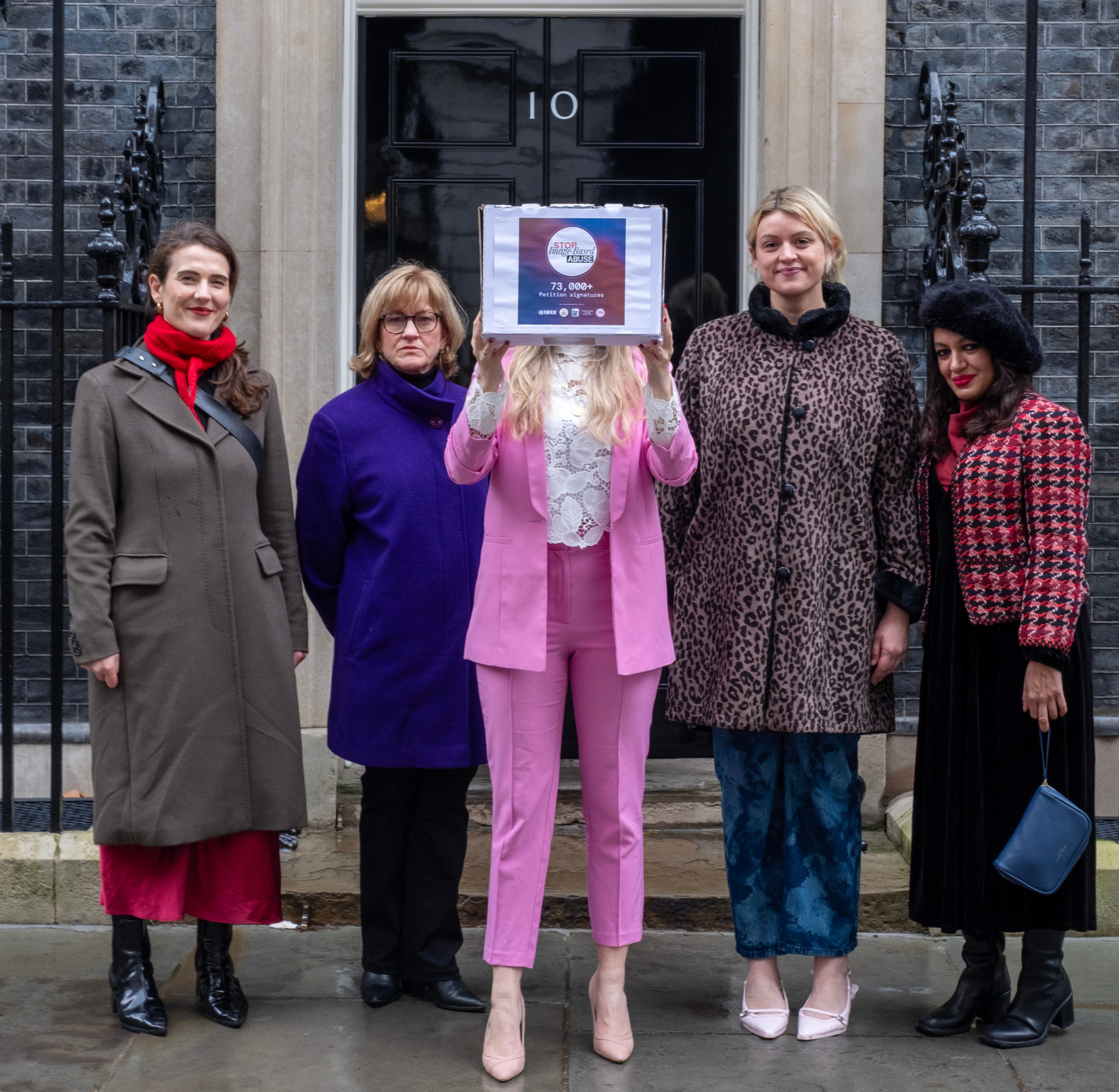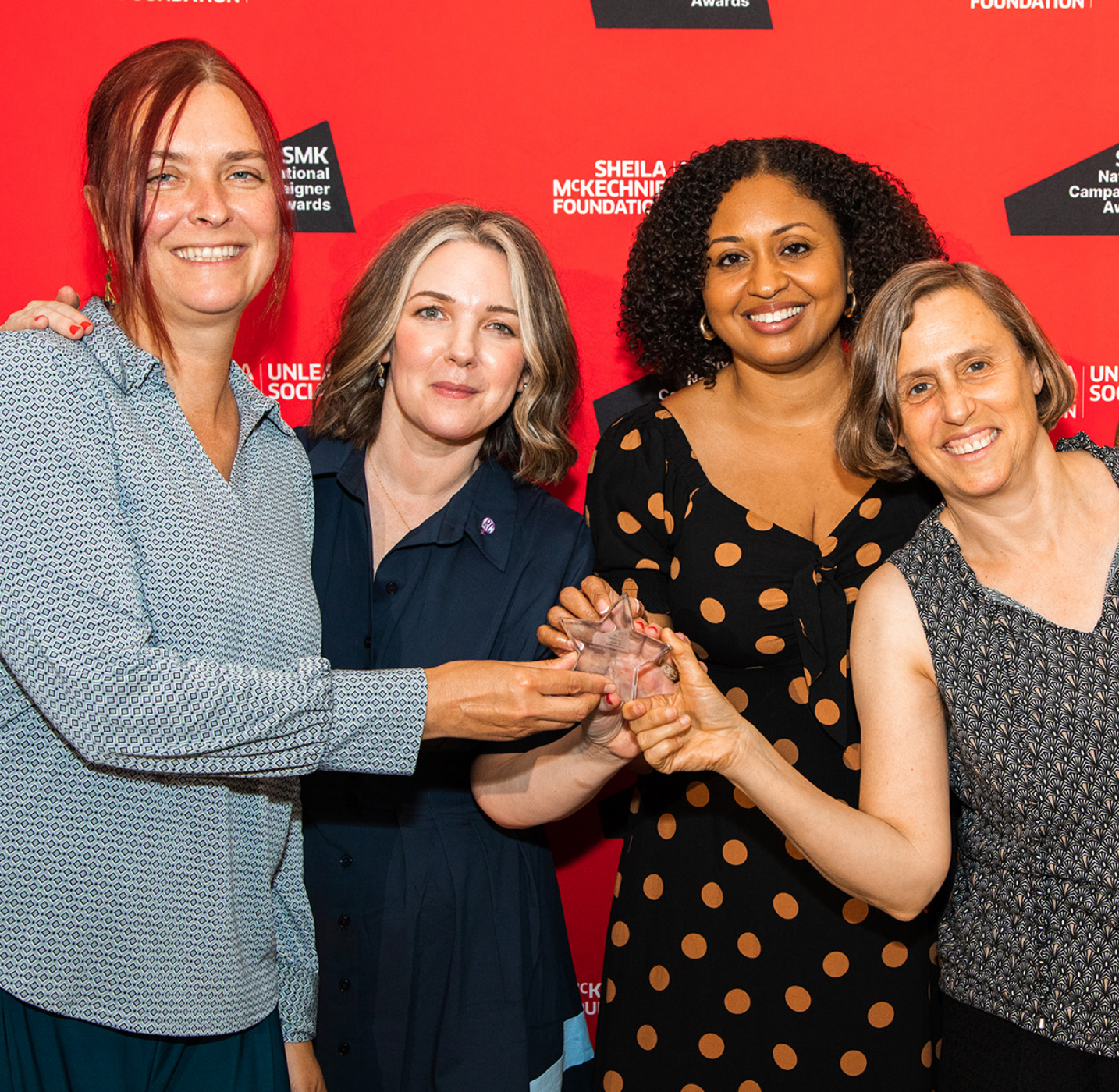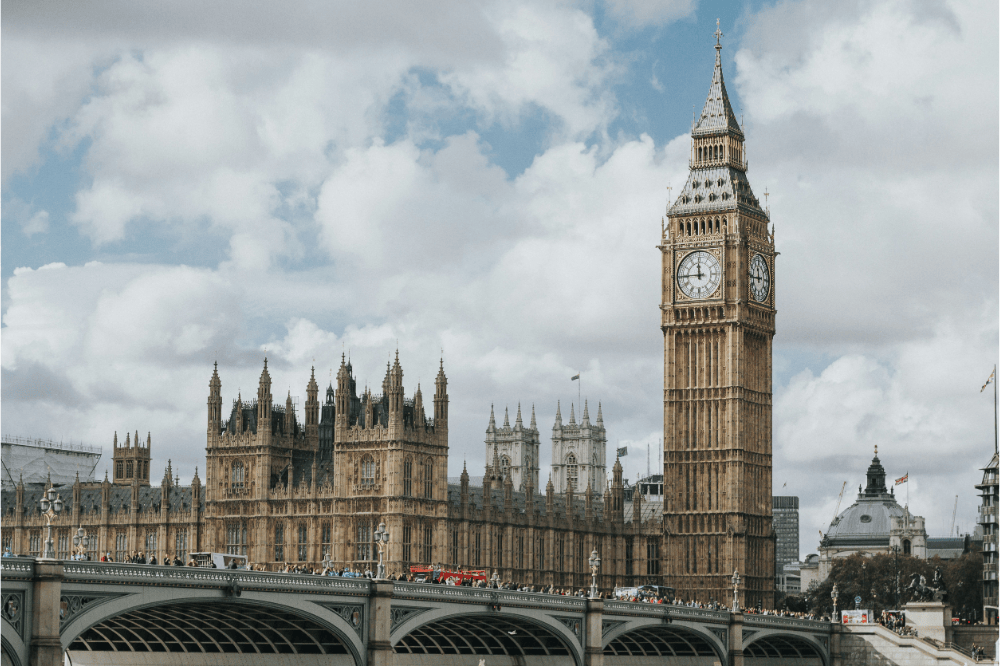 06 Feb
06 Feb
Autumn Budget 2025: EVAW welcomes the removal of two-child benefit cap, but warns that investment in ending VAWG must be delivered with urgency
Yesterday (Wednesday 26th November 2025), the Chancellor of the Exchequer Rachel Reeves delivered the second Autumn Budget under a Labour government.
For the second year in a row, there was no mention of violence against women and girls (VAWG) in the Budget. Frontline VAWG services are facing immense uncertainty about the future of service provision, with many services already facing the loss of staff and closure, and a VAWG strategy still missing. The ambition to reduce VAWG needs to be matched with adequate funding, as outlined in our joint statement.
Welcome removal of the two child benefit cap
In positive news, the End Violence Against Women Coalition (EVAW) strongly welcomes the removal of the two child benefit cap from April 2026 – a recommendation made in our VAWG manifesto for government, and which will most benefit single parents. Reeves accompanied this announcement setting out the government’s objection to the ‘vile’ rape clause which has required women to prove their child has been conceived non-consensually to receive support – a “grotesque indignity” indeed, and one which should have never made the statute book.
Today’s news of a rise in benefits in-line with inflation from April 2026 is also a positive step for gender equality, given that women are also more likely than men to rely on social security. We await the Child Poverty Strategy in the hope of further reforms in this vein – along with the white paper on SEND reforms delayed to the new year. Similarly, the increase in the minimum and national living wage will positively benefit women, who we know make up the majority of recipients – whilst both still remain lower than the ‘real living wage’.
A freeze on income tax and national insurance thresholds for a further three years is set to bring more people into higher tax bands – with more women paying income tax for the first time, whilst the Chancellor insists this will ensure the wealthiest contribute the most. And great emphasis was put on improving the cost-of-living crisis in Reeves’ speech, including the freeze in rail fares. However, these measures don’t mark an end to the cost-of-living crisis that we know affects the poorest women most as they spend more proportionally to meet basic needs, and are most affected by cuts to public services and social security.
Investment in VAWG response urgently needed
Investments in the NHS were announced for neighbourhood health centres and technology. We hope the VAWG strategy will coordinate these plans with funding for and partnerships with local VAWG services and training for staff, following successive reports on NHS failures towards victims and survivors. Health must play a significantly greater role in any meaningful cross-government VAWG strategy. These policies – which will rely on an increased workforce – will likely be hindered by last week’s immigration announcements which will make it harder for nurses, care workers and other essential workers from abroad (largely women) to work and remain in the UK, whilst also creating conducive conditions for VAWG for those who migrate.
The previous Autumn Budget was followed by alarming departmental efficiency plans, where the likes of the Ministry of Justice set out plans to “investigate efficiency opportunities” in victim policy. Survivors and VAWG organisations alike cannot afford for more of the same. As we await the VAWG strategy, we will continue to direct politicians’ attention to our 5 key tests – with investment in prevention and service delivery both crucial components for it to make the grade.
ENDS
Recommended ARTICLES
 06 Feb
06 Feb
 15 Jan
15 Jan
 12 Jan
12 Jan

